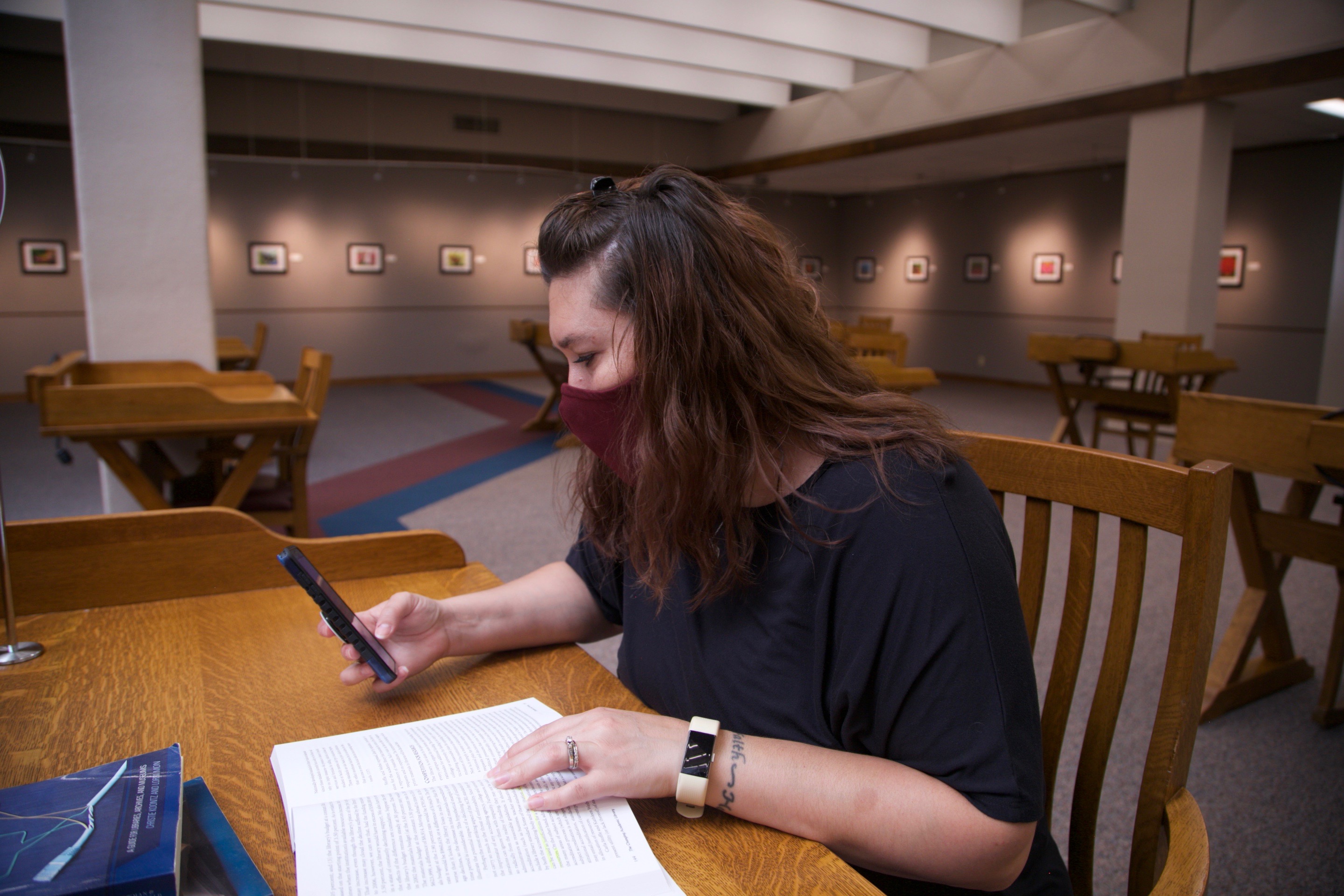
Seventh in a series on COVID-19 and studying in spring 2021
In the midst of the COVID-19 pandemic, graduate students previously enrolled or contemplating spring 2021 enrollment should be aware of significant trends. Nationally, students wrestle with costs and benefits of graduate studies relative to their personal goals and long-term career impacts. Whenever a student pursues graduate study, these are legitimate questions and need deliberate attention, particularly in the challenging financial times brought about by the pandemic and its confusing impact on career and employment opportunities.
The Council of Graduate Schools (CGS) conducted a study last May regarding the ongoing impact of COVID-19 on graduate education. They found that graduate schools across the country set up taskforces with the goal of creating clarity in a murky environment. Few schools changed admission requirements or considerations. Some universities were concerned about the impact of pass/fail grading on graduate admissions in the future. Many schools, such as West Texas A&M University, are extending due dates, reducing or eliminating application fees and working individually with students based on family, work and life circumstances and challenges. More emphatic one-to-one relationships with current or potential students are required, which is WT’s traditional mode of operation. It is difficult to find light in the COVID-19 tunnel, and intentionally personal, hand-tailored approaches are warranted and in place.
WT has worked diligently to provide information technology resources for graduate faculty to conduct teaching and mentoring online. These efforts have been well received. Graduate enrollments were up in the fall 2020 semester. Additionally, the University has been flexible with faculty in allowing them to determine the best mode of delivery for their academic areas. Also, graduate students were given a broad range of flexibility in how they studied in the fall, and those options will continue this spring. Flexibility is essential and demonstrates a commitment to respond to all students in ways that recognize current challenges—on campus, at home and work. This is all made possible by progressive leadership from WT’s Graduate School and college deans that addresses and creates best practices.
In the CGS study, graduate deans from around the nation lined up with the approach being used at WT, assigning as first priority grants-in-aid, assistantships and other financial support.
Inside Higher Ed reports that graduate students are seeking time-to-degree and funding extensions due to the pandemic. These extensions are important as courses may “age-out” and be disallowed for use in the graduate degree plan. Almost all graduate programs provide a ten-year window on graduate course work. The pressures of study coupled with the life circumstances, reduced income and demands of parenting and family life exert nearly backbreaking pressure on graduate students.
The Chronicle of Higher Education reports, “The Ph.D. Isn’t Working Right Now.” This is not new, but that pandemic has shown a bright light on some long-standing challenges with doctoral program offerings. Increasingly, graduate students have families, maintain jobs, and in other ways multitask their way through what used to be a focused, almost monastic effort. Completion time for the Ph.D. degree has increased markedly, and in some fields such as education passes the decade mark. At WT, the Doctorate in Education is intended to be completed, from start to finish, in three years.
These changes in graduate education are not remarkable. Demographics drive programs in diverse directions, many of which have been magnified by the pandemic. The challenges exist in all fields of study, but are most pronounced in the humanities according to Katina Rogers, co-director of the Futures Initiative at the Graduate Center of the City University of New York. Rogers offers a number of suggestions: Early opportunity for career exploration, meaningful scholarship, partnerships outside the university, professional development at the outset of graduate studies, new ways of developing support resources, and strengthening curriculum to make the most of required courses. All might reduce time to degree. Responsive graduate programs will seek ways to increase quality and efficacy, even as the needs, aspirations and expectations of graduate students are in a state of flux.
At West Texas A&M University, our graduate programs are open and operational for the 2021 spring semester. Six “will be” promises tell our story:
- Flexibility in study/teaching modality will be available for students and faculty.
- Every means for financial assistance will be
- Clarity in requirements and expectations will be loudly pronounced.
- Information technology for teaching and study will be
- Degree attainment will be responsive to the challenges of COVID-19.
- Students will be thoughtfully and respectfully treated as individuals, whether online or in person.
These have been and will continue to be cultural imperatives. They are also imperatives of the WT vision, WT 125: From the Panhandle to the World, and they will be delivered.
Walter V. Wendler is President of West Texas A&M University. His reflections are available at https://walterwendler.com/



